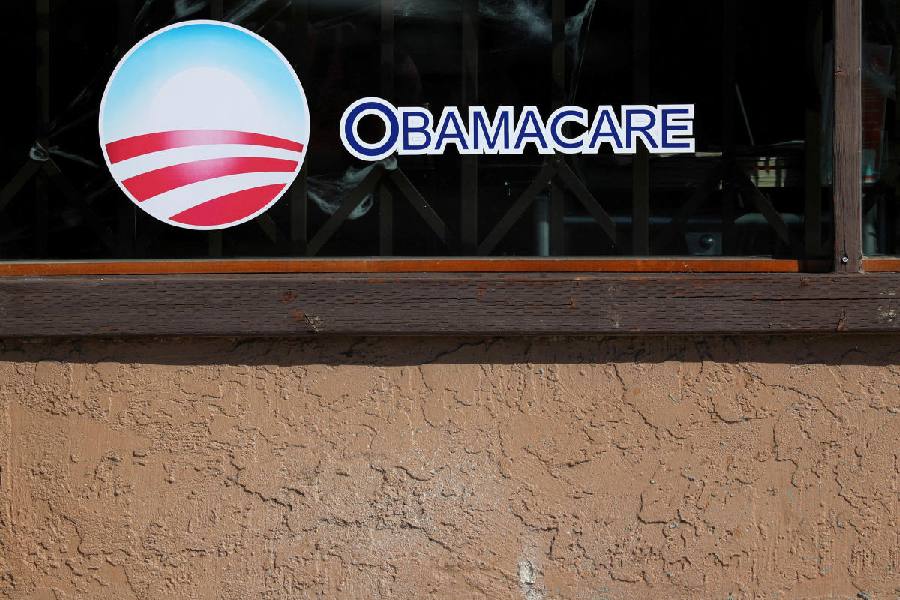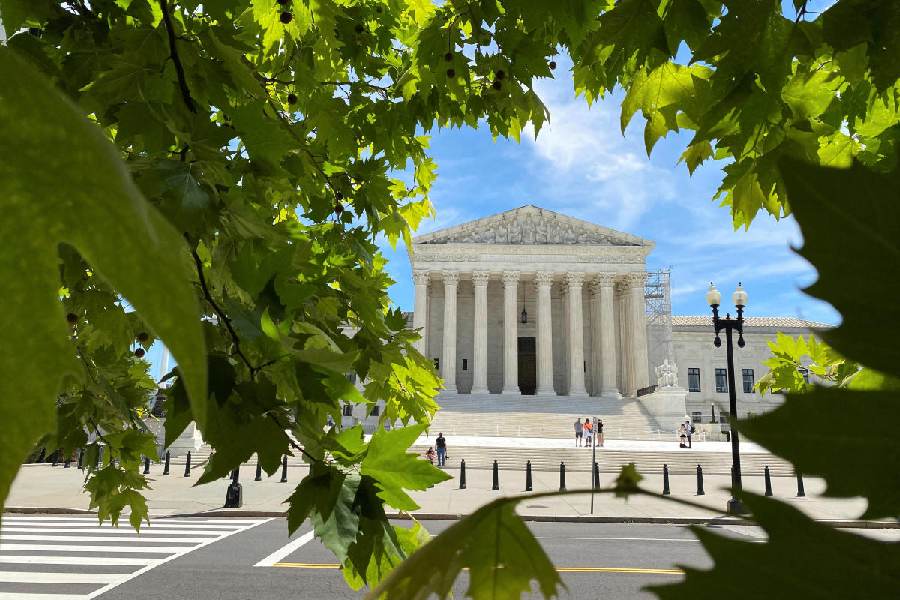The U.S. Supreme Court on Friday preserved a key element of the Obamacare law that helps guarantee that health insurers cover preventive care such as cancer screenings and HIV prevention medication at no cost to patients.
The 6-3 decision written by conservative Justice Brett Kavanaugh reversed a lower court's ruling that the U.S. Preventive Services Task Force, which under the 2010 law formally called the Affordable Care Act has a major role in choosing what services will be covered, was not validly appointed.
The ruling means that certain life-saving tests and treatments must continue to be provided cost-free under most insurance plans. That allays concerns raised by public health advocates that the court might open the door to insurers subjecting these services to co-pays and deductibles, deterring many Americans from obtaining them.
The task force's 16 members are selected by the U.S. secretary of health and human services without Senate confirmation. The New Orleans-based 5th U.S. Circuit Court of Appeals had found that this arrangement violated the U.S. Constitution's provision on the appointment of governmental officers.
The case arose when several individual Christian plaintiffs and two small businesses sued in federal court in Texas in 2020 to challenge the task force's structure. It was the latest in a years-long series of challenges to Democratic former President Barack Obama's signature legislative achievement to reach the Supreme Court.
A key question in the case was whether the task force wields power to such an extent that its members, under the Constitution's "appointments clause," are "principal officers" who must be appointed by the president and confirmed by the U.S. Senate or "inferior officers" not subject to these requirements.
Kavanaugh wrote that because task force members are adequately supervised by the U.S. secretary of health and human services, members are "inferior officers" and do not need to be appointed by the president and confirmed by the U.S. Senate.
"The Task Force members are removable at will by the Secretary of HHS, and their recommendations are reviewable by the Secretary before they take effect," Kavanaugh wrote.
"So Task Force members are supervised and directed by the Secretary, who in turn answers to the President, preserving the chain of command," wrote Kavanaugh, who was joined by fellow conservative Justices John Roberts and Amy Coney Barrett, as well as the court's three liberal members.
Three conservative justices - Clarence Thomas, Samuel Alito and Neil Gorsuch - dissented.
Before the case was narrowed to the appointments issue, the plaintiffs had included a religious objection to being required to cover pre-exposure prophylaxis for HIV. They claimed that such drugs "facilitate and encourage homosexual behavior, prostitution, sexual promiscuity and intravenous drug use."
The U.S. government's appeal of the decision by the New Orleans-based 5th U.S. Circuit Court of Appeals initially was filed by Democratic former President Joe Biden's administration before being taken up by Republican President Donald Trump's administration.
The task force is made up of medical experts who serve four-year terms on a volunteer basis. It reviews medical evidence and public feedback and issues recommendations about which preventive services would be most effective for detecting illnesses earlier or addressing ailments before a patient's condition worsens.
The task force has identified dozens of preventive services as having a high or moderate net benefit to patients including screenings to detect diabetes and various types of cancer, statin medications to lower the risk of heart disease and stroke, and interventions to help patients quit smoking or unhealthy alcohol use.
The 5th Circuit ruled in 2024 that the task force's structure violates the Constitution, as the plaintiffs claimed.
The justices during April 21 arguments in the case posed questions over whether the law gives the HHS secretary the appropriate level of supervision over the task force, including the power to influence its recommendations and fire members at will, or if it operates as a largely independent governmental body whose recommendations effectively have the force of law.
The Justice Department urged the justices to view the task force's members as "inferior officers."
Hashim Mooppan, a Justice Department lawyer, told the justices that the HHS secretary can remove task force members at will, review their recommendations and prevent them from taking effect, and can require the task force to obtain his approval before it issues any recommendations.
The plaintiffs contended that the task force's lack of supervision and insulation from removal makes its members "principal officers."











